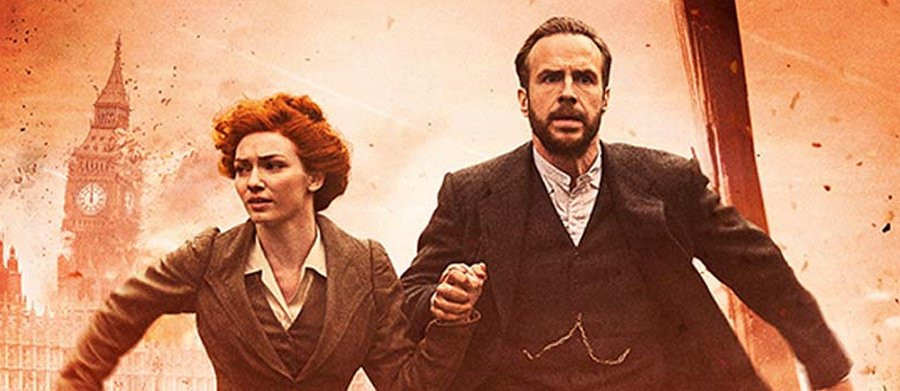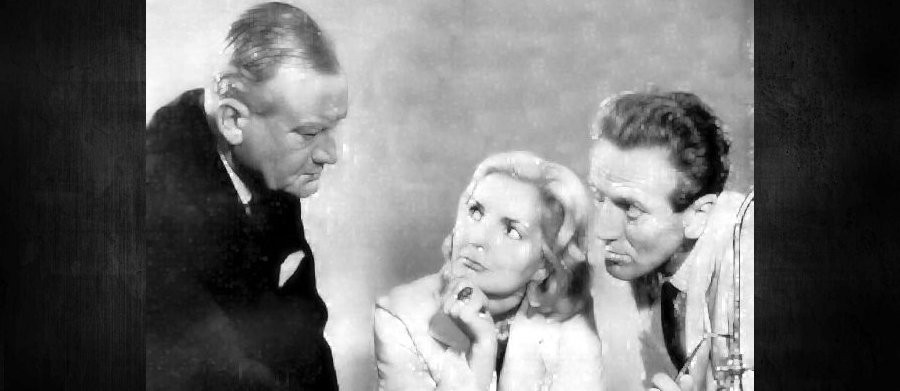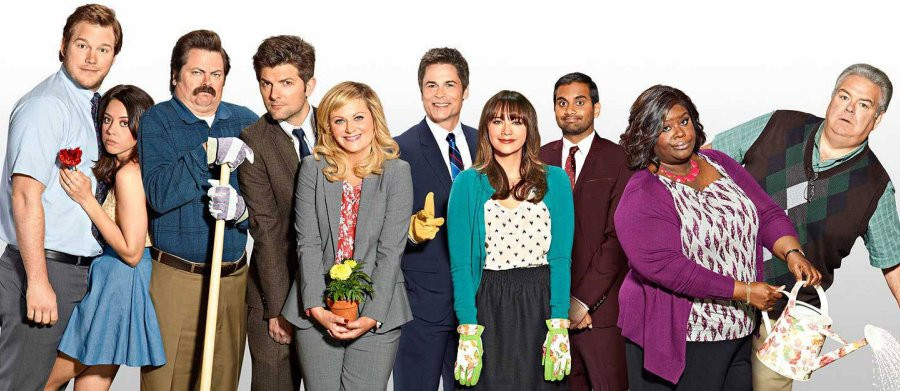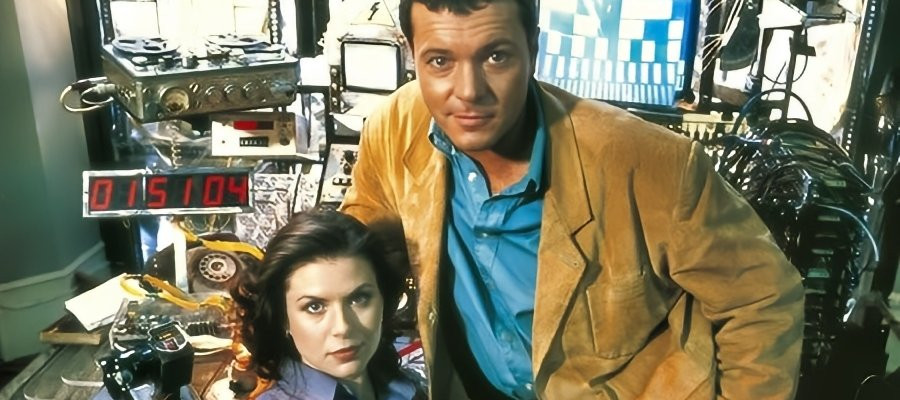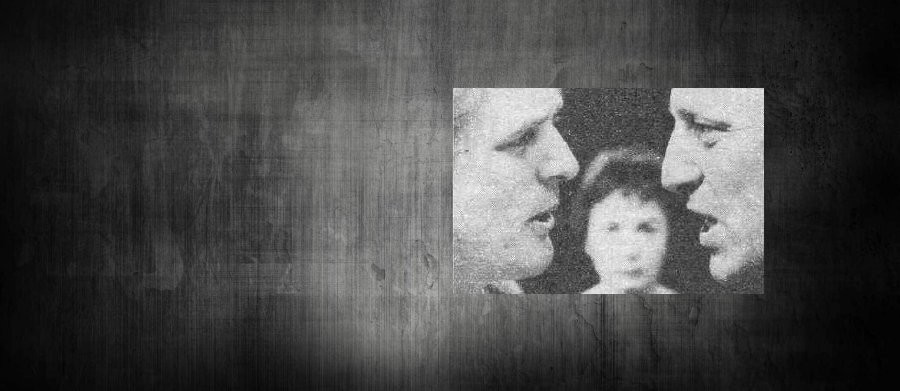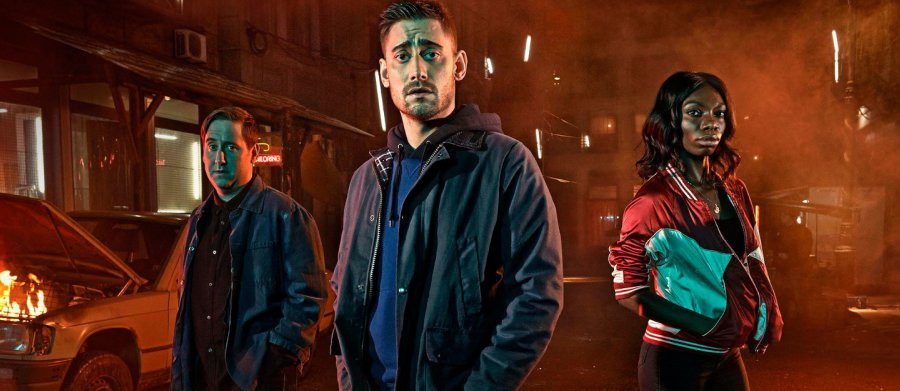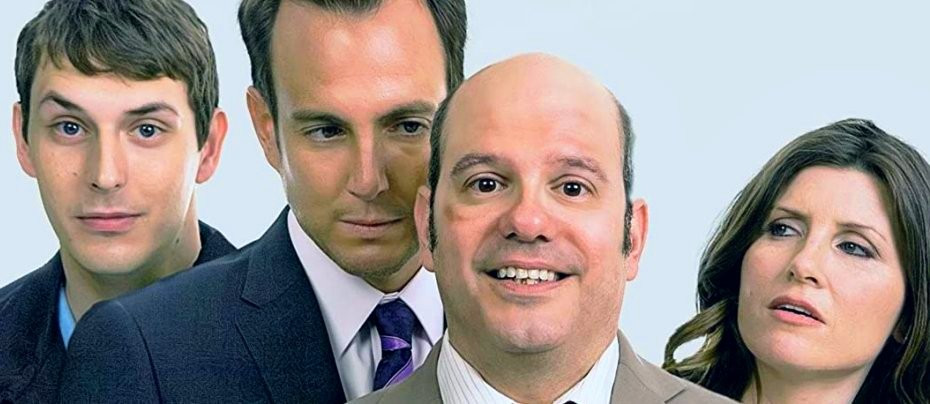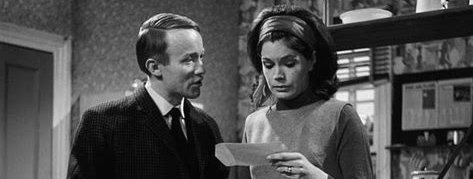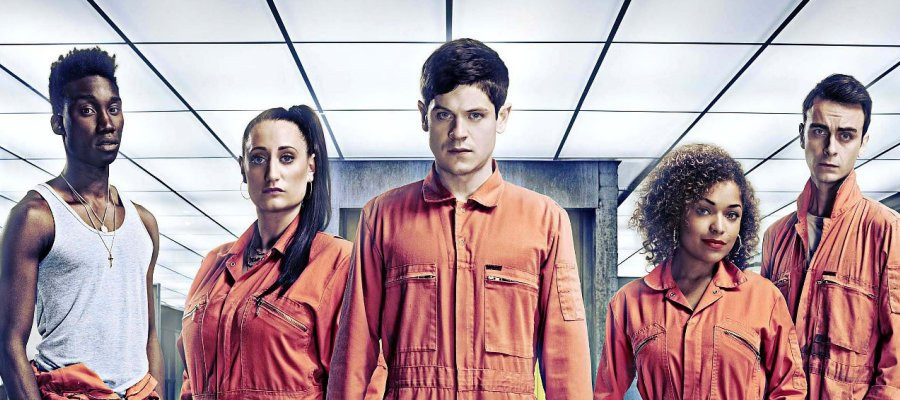
Misfits
2009 - United KingdomMisfits, the British sci-fi comedy-drama that aired on E4 from 2009 to 2013, stands as one of the most distinctive and daring genre series of the 21st century. What begins as a straightforward “superheroes with a twist” premise rapidly morphs into a chaotic, darkly comedic, and at times deeply emotional exploration of youth, power, and consequence.
At its heart, Misfits follows five young offenders—Kelly, Curtis, Alisha, Simon, and Nathan—thrown together during community service, who are unexpectedly gifted (or cursed) with supernatural powers after a freak electrical storm. But unlike the polished superheroes of American cinema, these characters are raw, flawed, and defiantly human. Their powers are not glamorous—they're deeply tied to their personalities and emotional baggage: Kelly, perpetually judged and underestimated, hears the thoughts of others; Curtis, haunted by a major life mistake, can rewind time; Alisha, empowered by her sexuality, causes uncontrollable lust with a touch; Simon, painfully withdrawn, becomes invisible; and Nathan, the resident loudmouth and joker, discovers he can’t die—after being buried alive.
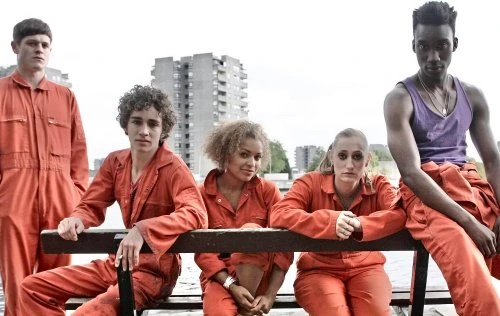
The brilliance of Misfits lies in how it blends gritty realism with sci-fi absurdity. The show doesn't glamorize its characters’ powers—instead, it treats them as burdens, catalysts for personal growth, or tools of self-destruction. These aren’t traditional heroes; they’re foul-mouthed, messy, morally grey, and far more interested in hiding the bodies than saving the world. In fact, the entire first season hinges on them covering up the accidental killing of their deranged, super-powered probation officer Tony, and later his equally suspicious fiancée, Sally.
What sets the early seasons apart is their deft handling of tone. One moment, the series can be brutally violent or emotionally raw; the next, laugh-out-loud funny. This tonal tightrope walk is aided in no small part by a strong cast. Robert Sheehan, in particular, is magnetic as Nathan—infuriating, hilarious, and unexpectedly tragic. Lauren Socha’s Kelly grounds the group with a fierce sincerity, while Iwan Rheon’s portrayal of Simon evolves from unsettling to strangely sympathetic over time.
Narratively, the show’s first series is tight and character-driven. From Simon’s growing isolation to Curtis’s tangled timelines, the stakes feel intimate and grounded, despite the sci-fi elements. Even the overarching plot of battling a cult-like youth group brainwashed by a power-wielding moral crusader feels less like an action set-piece and more like a commentary on control, conformity, and identity. The season’s final revelation—that Nathan is immortal—is both a shock and a perfect payoff, cleverly foreshadowed and deeply ironic.
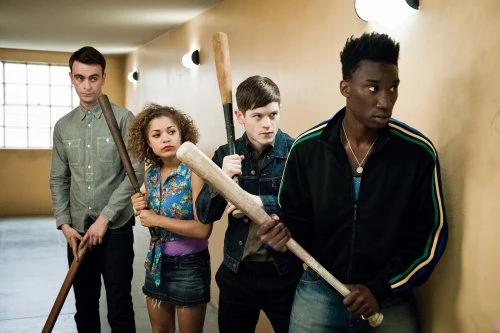
As Misfits progresses beyond its first season, the series evolves in tone, structure, and cast — sometimes to its benefit, and other times to its detriment. Season 2 builds on the momentum of the first, deepening character arcs while expanding the world of the storm and its effects. We learn that the storm has affected many more people, introducing new powered individuals, often with dangerous or tragic abilities. The season ends with the group deciding to sell their powers and try to return to “normal” life — but of course, things don’t go as planned.
Season 3 begins with the departure of Nathan and the introduction of Rudy Wade, a hilariously unfiltered new member whose power allows him to split into multiple personalities. The group acquires new powers through a mysterious power dealer, and Simon’s journey toward becoming the masked vigilante "Superhoodie" concludes in a tragic time-loop romance. The season balances character arcs with escalating sci-fi elements, maintaining much of the original charm despite the loss of a central character.
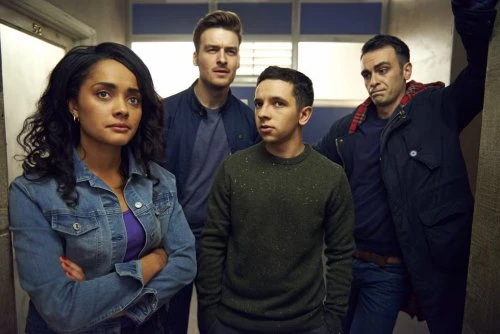
In Seasons 4 and 5, the original cast is almost entirely replaced, with Rudy remaining as the bridge between generations. New misfits—Jess, Finn, and Abby, bring fresh dynamics but struggle to match the emotional depth of earlier seasons. While the tone shifts toward the surreal and irreverent, the show retains its chaotic energy and ends with the suggestion that this new generation may finally embrace their powers for good, hinting at a tongue-in-cheek superhero future.
If there's a flaw in Misfits, it's that it occasionally gets lost in its own chaotic energy, sometimes veering into gratuitousness or losing track of deeper character arcs in favour of shock value. But even in its most over-the-top moments, it rarely feels hollow. The show’s heart—its ability to find humanity in the supernatural—remains intact.
While Misfits and the US series Heroes share a similar premise—ordinary people gaining superpowers—the creators of Misfits have not cited Heroes as a direct inspiration. Instead, the show was largely born out of a desire to subvert the typical superhero narrative, especially from a British, working-class perspective.
That said, Heroes (which premiered in 2006) was part of a broader resurgence of interest in superhero stories on TV, and it likely helped make a show like Misfits more commercially viable. In that sense, Heroes may have opened the door for other creators to pitch genre shows, even if the creative direction of Misfits was quite different.
While Misfits didn’t become a global franchise or inspire a direct copycat trend, its grungy, grounded, and anti-glamorous take on superpowers helped expand what superhero TV could be. It anticipated the audience's appetite for stories where extraordinary abilities don't make people better—they just make their lives more complicated.
Misfits is a bold, grimy, genre-bending ride through the adolescent. It’s not a show about heroes; it’s about screw-ups trying to stay afloat in a world that keeps demanding more than they’re ready to give. Smart, savage, and surprisingly emotional, Misfits is British television at its best—unapologetically weird, wildly entertaining, and impossible to forget.
Seen this show? How do you rate it?
Seen this show? How do you rate it?
Published on August 13th, 2025. Written by Laurence Marcus for Television Heaven.


